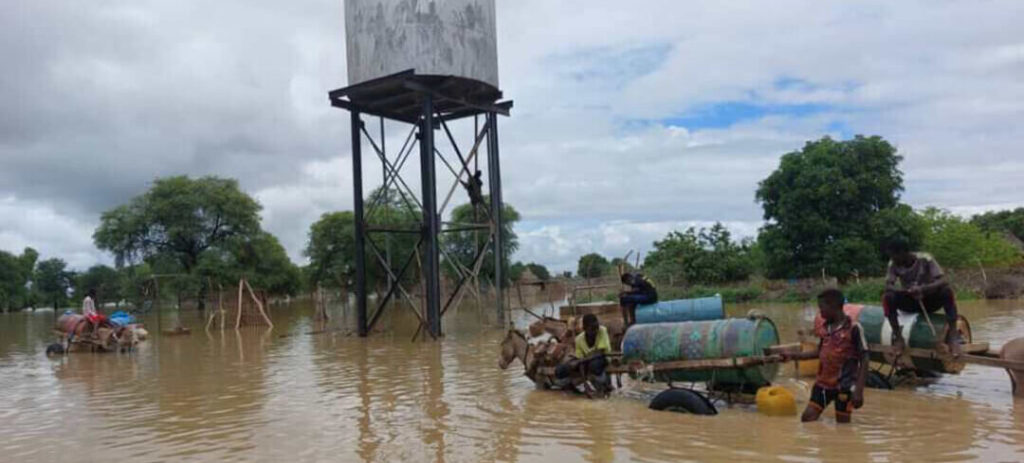Approximately 28,000 people have been affected by heavy rains and flash floods in the Central Darfur state of Sudan over the past few weeks, while about 4,000 houses and 650 latrines have been destroyed, 107 water sources have been damaged and thousands of acres of crops have been destroyed. At least six people have died, and an unconfirmed number of people were injured when their houses collapsed because of the heavy rains or were washed away by the flash floods.
Humanitarian partners are working to determine the extent of the damage and the priority needs of the affected people in all affected locations. Flood waters and pre-existing poor road conditions are restricting the movement of humanitarians to affected areas, hindering the identification of exact needs in areas such as Azum, Mukjar and Wadi Salih.
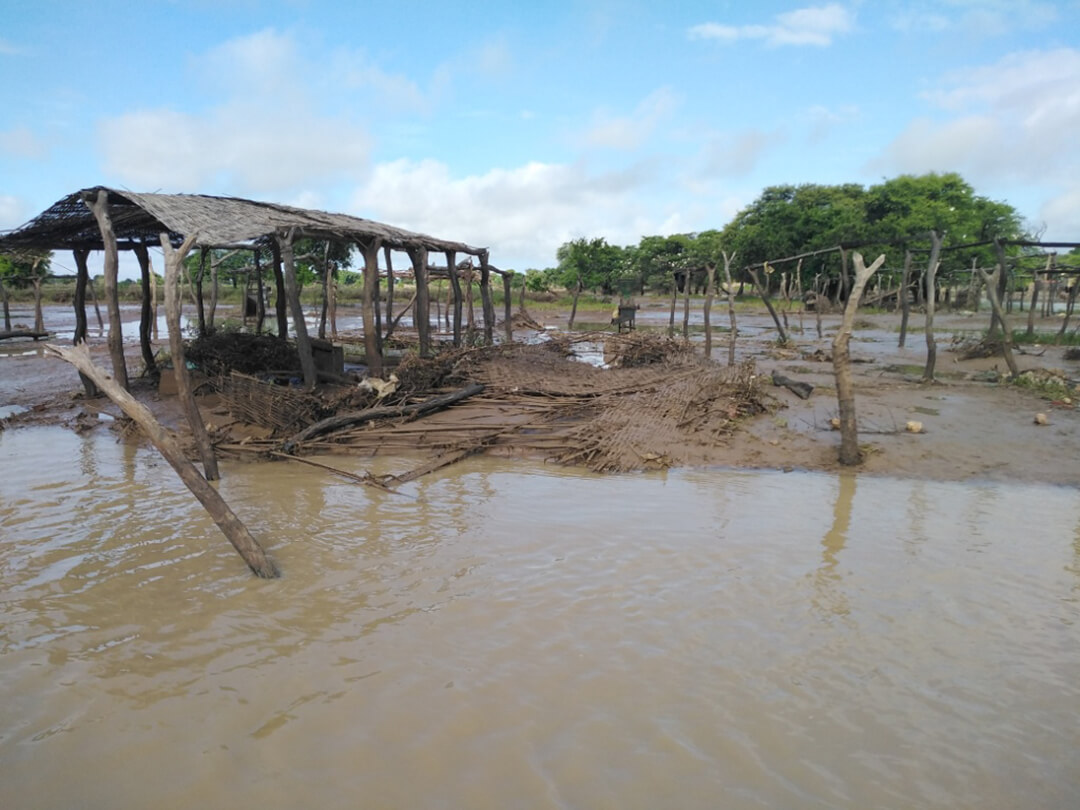
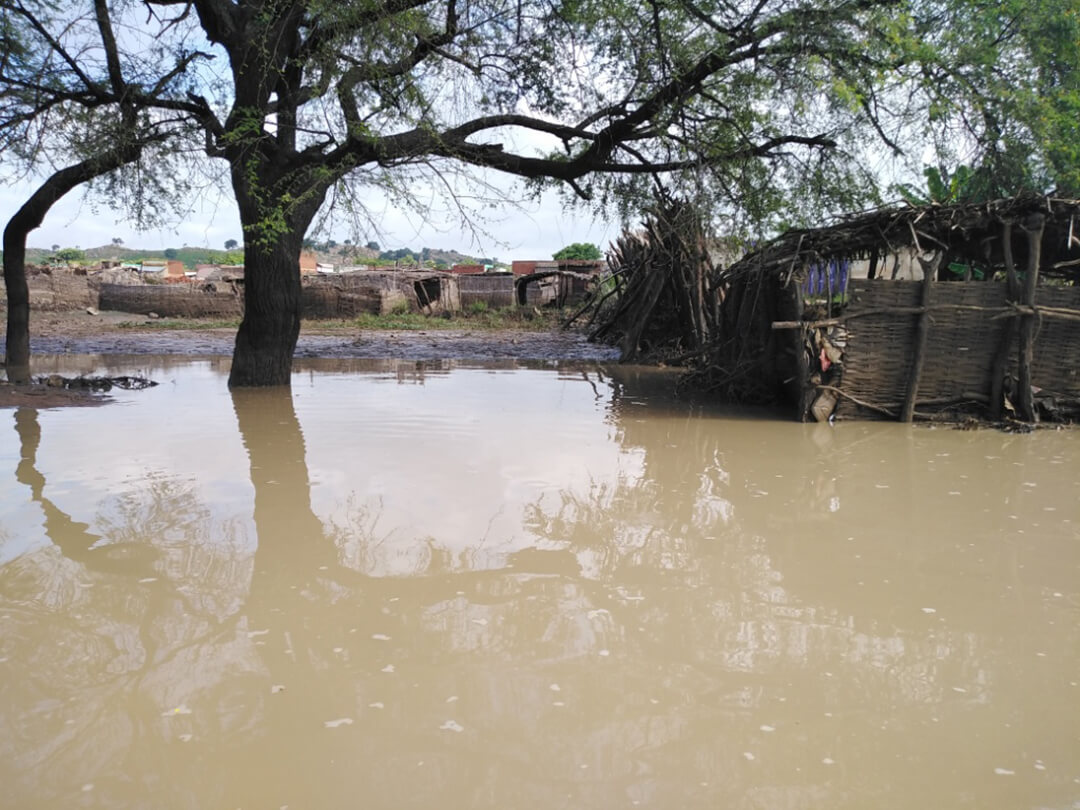
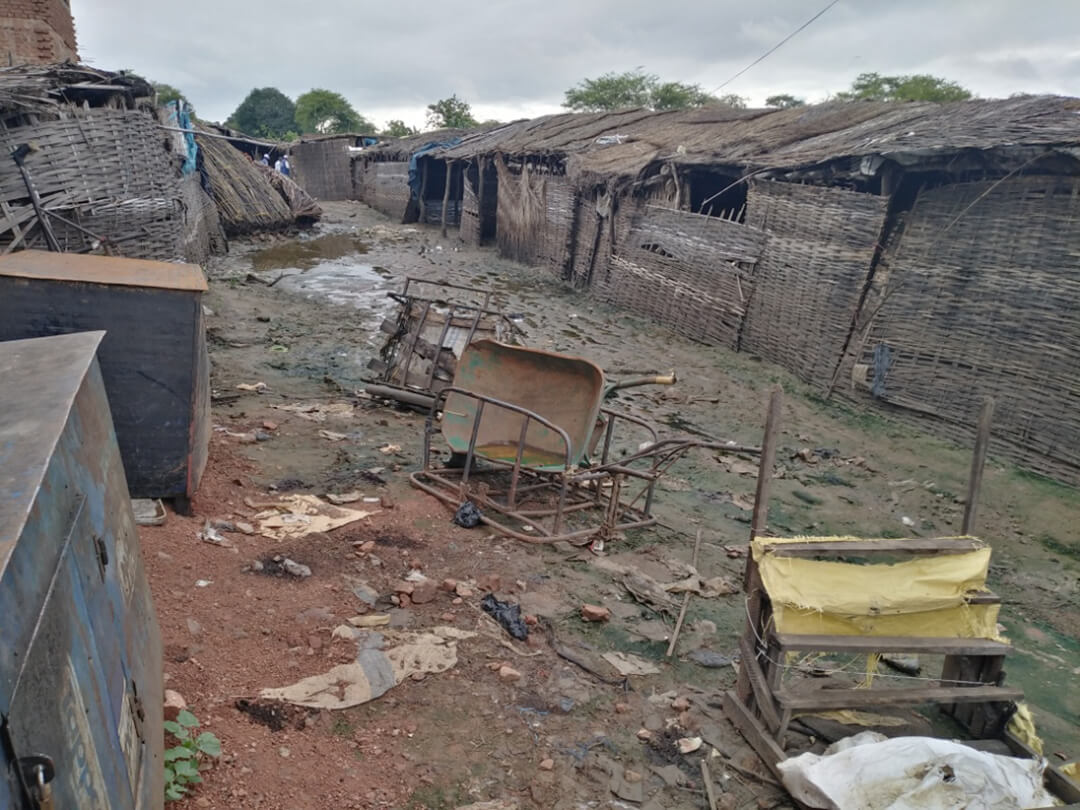
International Medical Corps has been responding to the floods in Central Darfur and is closely monitoring flooding in other states, and is conducting the following activities.
Hygiene promotion activities: In coordination with the local Ministry of Health (MoH) and emergency response committee, we have been conducting hygiene promotion activities, focusing on handwashing, use of safe water and safe disposal of waste. We mobilized and trained 33 volunteers on how to make home visits and provide health and hygiene education, who reached nearly 2,000 people with information. We will continue our hygiene promotion activities in schools, mosques and other community gathering points.
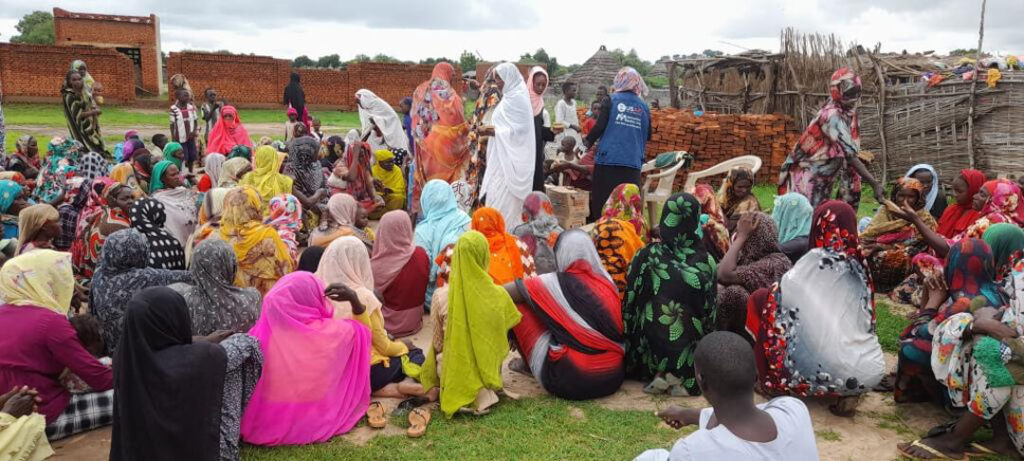
Disinfection of water wells and household chlorination: In collaboration with the Water and Environment Sanitation department, we disinfected 13 contaminated water wells. We also provided 810 families with water purification tablets and training on how to use them, and are working with UNICEF to provide water storage vessels.
Reviewing the pattern of waterborne diseases: To prepare for potential outbreaks of waterborne disease, we conducted an analysis of disease patterns and alerted the MoH and local communities about the risks. We also have accelerated health education at the facility and community level, emphasizing preventive measures.
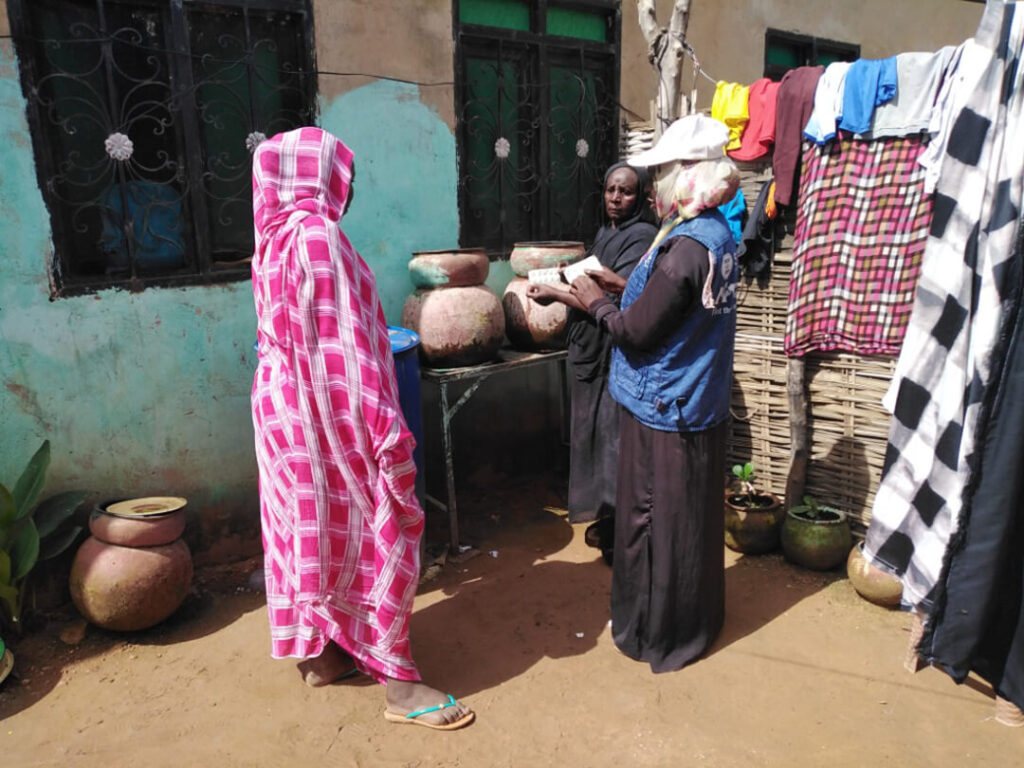
Prepositioning of drugs and medical supplies: In anticipation of outbreaks of disease, the team has prepositioned additional stocks of medicine and medical supplies, including PPE. We also have asked the MoH and WHO for additional stock of medicines, especially anti-malaria drugs and cholera kits, as a contingency, because Central Darfur has a history of cholera outbreaks.
Capacity-building for MoH staff: International Medical Corps conducted refresher training for 23 health staff on the management of acute watery diarrhea and bacillary dysentery. We also are working on refresher training for 60 volunteers to strengthen the disease surveillance system and promote early detection, management and containment of any outbreak.
Establishment of a treatment center: International Medical Corps has started preparing, organizing and establishing a treatment center to manage outbreaks of acute water diarrhea. We’ve secured three four-by-four-meter tents with a capacity of four beds each, and are working to select a site for the treatment center.
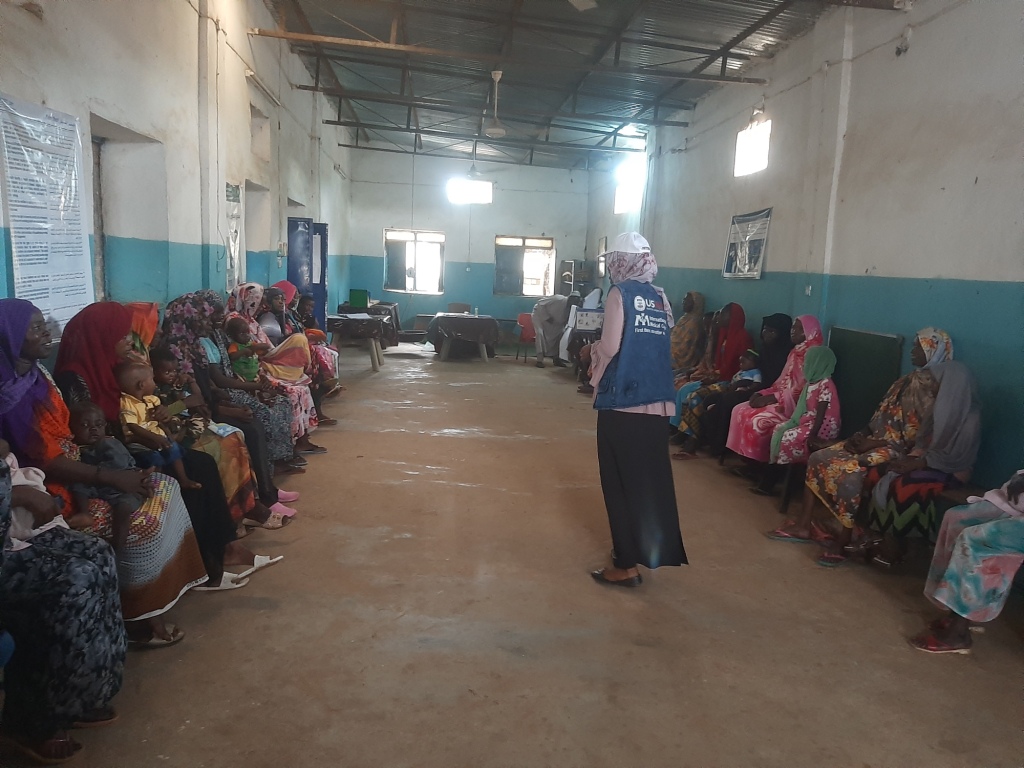
Strengthening IPC efforts: Our team is providing ongoing on-the-job training to health facility staff on infection prevention and control (IPC) procedures.
Community engagement: To encourage meaningful participation by the community, we activated the existing local emergency response committee and conducted a series of meetings at the local level on how to approach the current situation. Each sector office prepared its coordinated response plan with partners.
